
POLITICS
Joe Tomlinson
Source, Adobe Images
March 6 marked the Oklahoma Legislature’s deadline to advance policy bills from their assigned committees.
The Oklahoma Eagle is highlighting five bills for our readers that have advanced out of committee and could affect underserved communities in Tulsa. One of the proposed bills could impact health care while another bill would give more time to those who face potential convictions. The bills include health care delivery, banned food substances, eviction notification, petition process,
While lawmakers may use other legislative procedures to move bills that were not initially passed out of committee, measures that passed could reflect priorities of legislative leadership over the next couple of months.
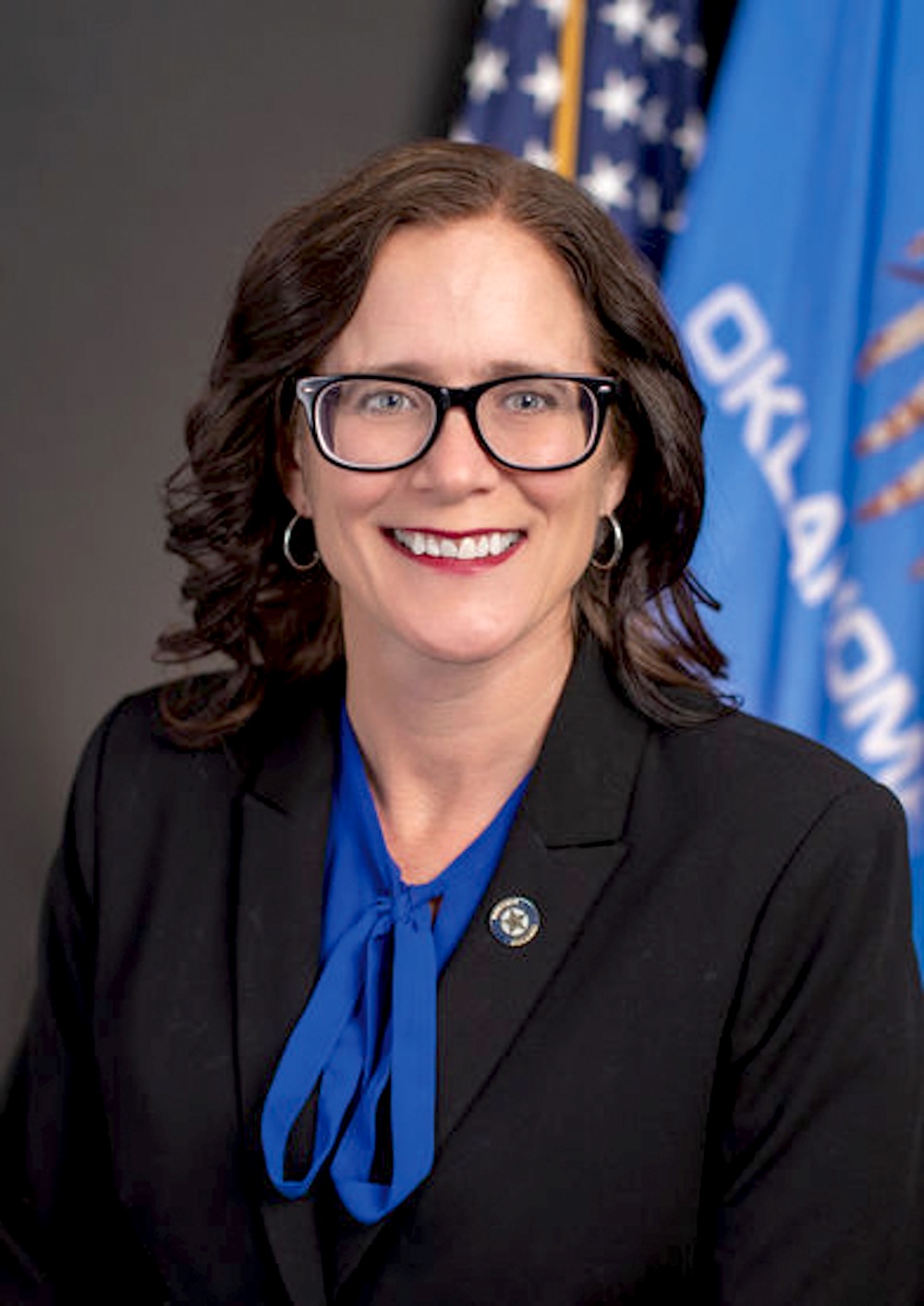
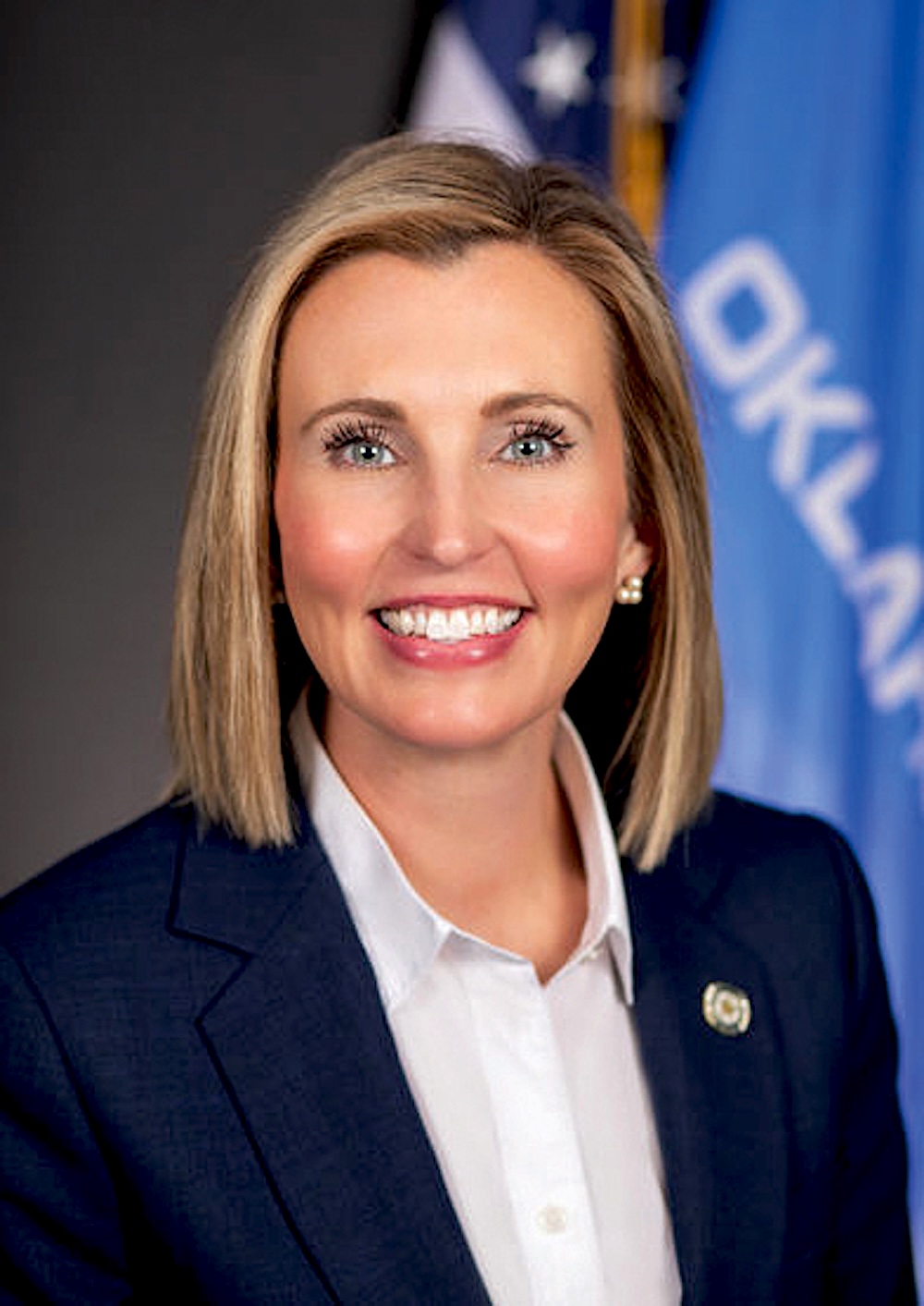
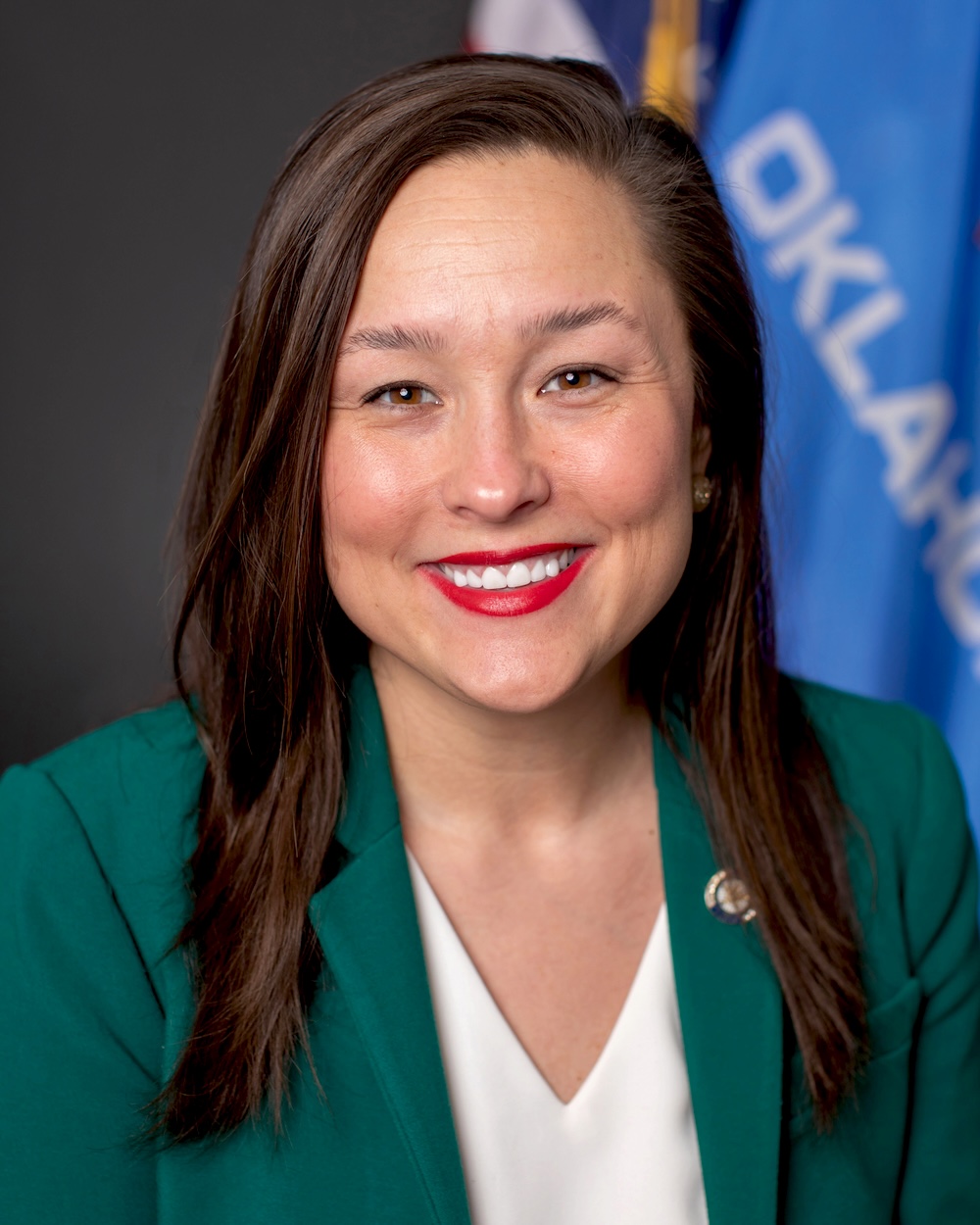
District 85. Photo, OKHouse.gov
Senate Bill 670
Senate Bill 670, authored by Democratic Leader St. Sen. Julia Kirt (D-Oklahoma City), designed to improve health care for Oklahomans, advanced out of the Senate Health and Human Services committee with an 8-2 vote.
The bill would require medical doctors, osteopathic physicians, physician assistants, and advanced practice registered nurses to receive one hour of continuing education in integrated behavioral health care. The bill would also require those providers to include an evidence-based mental health screening to each patient during or before a routine primary care visit.
“We know we can improve overall health and decrease the cost of care by catching things early, but the problem is that for many Oklahomans, mental health care is too expensive. Even if they have resources to cover the cost, there’s a shortage of caregivers,” Kirt said.
“Family doctors are well-positioned to help more people identify their mental health needs. My legislation will help better utilize primary care providers to address this critical need.”
The bill is based on research by the Healthy Minds Policy Initiative, a Tulsa-based nonprofit whose mission is to “help policymakers and community leaders advance data-driven strategies to overcome our state’s substance use challenges and meet the mental health needs of all Oklahomans.”
While Oklahoma has a shortage of behavioral health providers at-large, Senate Bill 670 could allow the state to better leverage its primary care providers to fill the gap.
“The Legislature has begun to tackle the shortages in providers, but in the meantime, we still need to find ways to address this unmet need,” Kirt said. “That’s what SB 670 is about.”
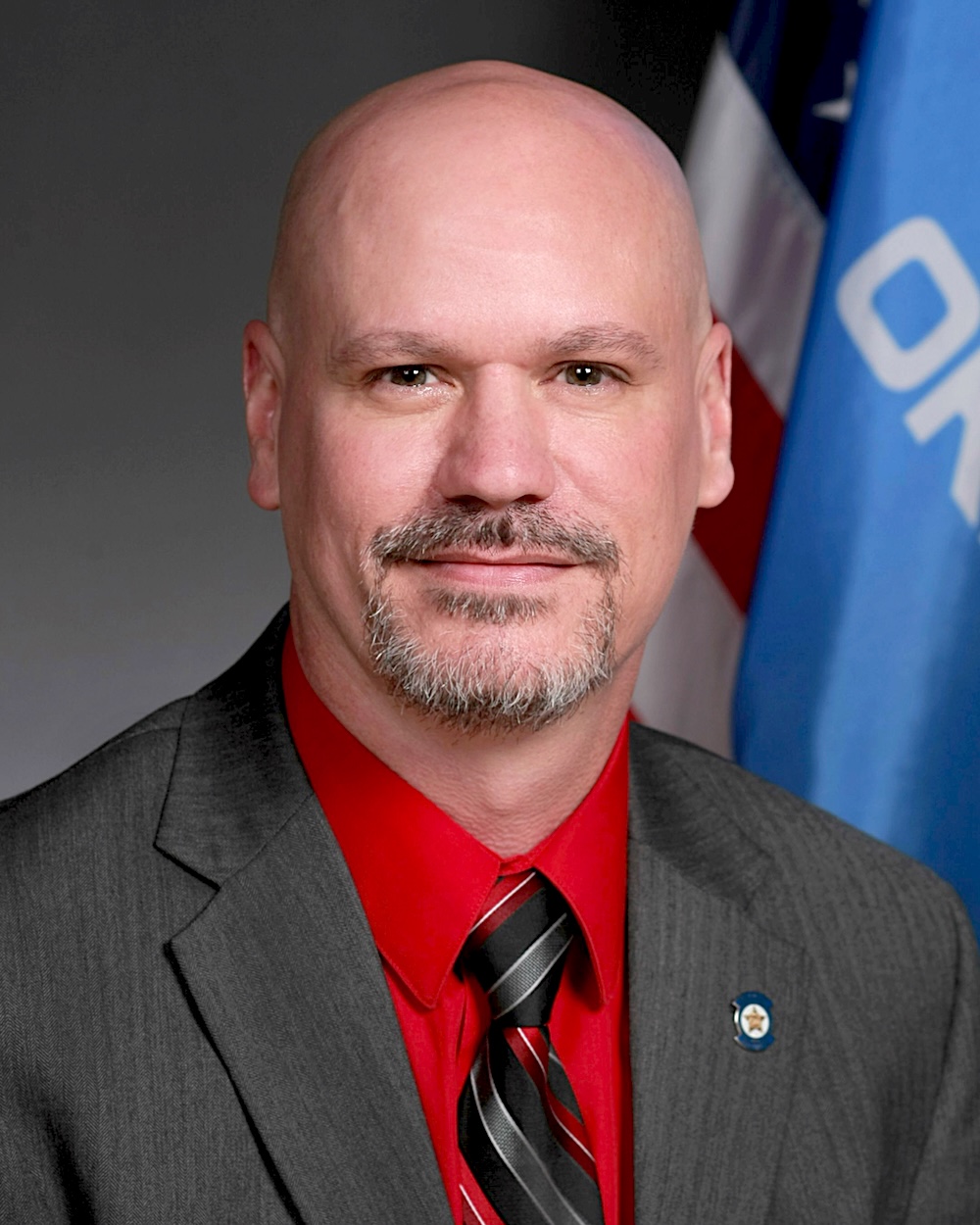
Senate Bill 4
Senate Bill 4, authored by St. Sen. Kristen Thompson (R-Edmond), advanced out of the Senate Agriculture and Wildlife committee with a 10-1 vote.
The bill prohibits the manufacturing, sale, and distribution of 21 substances commonly found in processed foods that have been linked to health risks, including hyperactivity in children, hormonal disruption, and potential carcinogenic effects.
The banned substances in Senate Bill 4 include the following:
- Aspartame
- Azodicarbonamide (ADA)
- Blue dye 1
- Blue dye 2
- Brominated vegetable oil (BVO)
- Butylated hydroxyanisole (BHA)
- Butylated hydroxytoluene (BHT)
- Ethylene dichloride
- Green dye 3
- Methylene chloride
- Potassium bromate
- Propyl gallate
- Propylparaben
- Red dye 3
- Red dye 40
- Sodium benzoate
- Sodium nitrate
- Titanium dioxide
- Trichloroethylene
- Yellow dye 5
- Yellow dye 6
The bill would require entities to reformulate food recipes to exclude the outlawed substances by January 2027. The bill also calls for drug manufacturers to remove those substances from their products by January 2028.
During the Senate Agriculture and Wildlife committee Monday, Thompson said several states and countries have already enacted similar bans.
“We’re giving our businesses almost two years to reformulate if they have to. Our larger manufacturers already have reformulations based off of Canada and Europe. There’s a lot of places that these chemicals are already disallowed in food. So, I think here in Oklahoma, we’re just saying ‘no more,’” Thompson said. “You can use the formulas that you have in the other countries where the health outcomes are much better.”
If Senate Bill 4 is passed by both chambers and signed into law by Gov. Kevin Stitt, it would also require products made, sold, or distributed in Oklahoma to display a warning label if they contain any of the 21 banned additives.
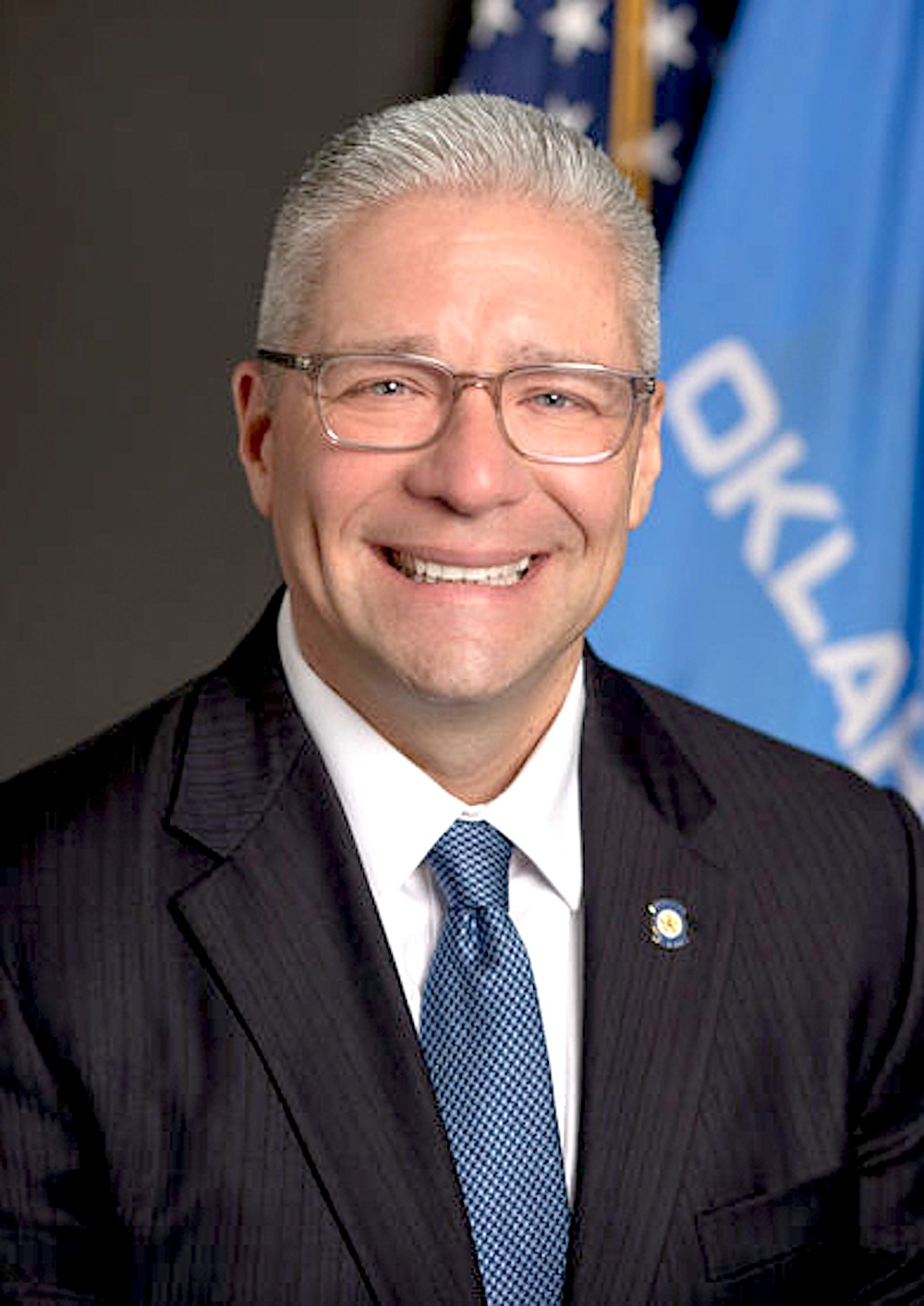
House Bill 1224
House Bill 1224, authored by St. Rep. Kevin West (R-Moore), narrowly advanced out of the Health and Human Services Oversight Committee with a 7-6 vote. The bill would allow health care providers to refuse to offer specific procedures or medical care that “violates the health care institution’s or health care payor’s conscience.”
“We passed this identical language off of the House floor last year. It is what I refer to as the Medical Right of Conscience Bill… and it allows medical professionals to refuse to participate in services that they have a conscientious objection to,” West said.
During the committee meeting, West said this bill would exclude emergency care. However, the bill language does not outline how an emergency situation should be handled.
St. Rep. Cynthia Roe (R-Lindsay) asked whether this bill could deny patients “life-saving care.” West said it would not.
“We have an explicit carve out for emergency situations. Those are regulated by the federal government, so emergency situations would not fall into this,” West said.
St. Rep. Cyndi Munson (D-Oklahoma City) asked what would happen to a patient if an entire facility of providers decides that a specific procedure violates their conscience. West said if a facility does not wish to perform a procedure, that will be known ahead of time and the patient would be referred to another facility that offers the procedure.
“I’m not saying this to point to you personally, but that answer is filled with privilege, as if we have all of these health care facilities just down the street from us, and we know that’s not true,” Munson said.
“We just had a conversation last week about the lack of maternal or the amount of maternal health care deserts in this state, so we know that most of what we’re talking about here is abortion, gender-affirming care — those types of procedures or services — so where will Oklahomans go?”
West said he believes there are “plenty” of medical professionals who are willing to perform those procedures.
“You’re making the assumption that every medical provider in the state of Oklahoma is going to refuse one or two or more of these services and I say that’s not going to be the case,” West said.
Republican State Representatives T.J. Marti (R-Broken Arrow), Daniel Pae (R-Lawton), and Preston Stinson (R-Edmond) joined Democratic Representatives Ellyn Hefner (D-Oklahoma City), Trish Ranson (D-Stillwater), and Munson in voting against the bill.
Senate Bill 128
Senate Bill 128, authored by St. Sen. Julia Kirt (D-Oklahoma City), was unanimously advanced by the Senate Judiciary Committee.
The bill would give people more notice of eviction hearings by extending the summons timeline from five to ten days. The measure also requires summons to be issued at least seven days before the hearing — an increase from three days.
In a press release Wednesday, Kirt said that Oklahoma ranks sixth in the nation for evictions and has one of the shortest timelines.
“When facing eviction, a few more days can help families make arrangements to catch up on their rent or find new housing. By updating our laws, we can line up the eviction schedule with the best practices fair landlords already follow,” Kirt said. “It’s important to remember that the majority of people who face eviction in our state have children in the home.”
“Having the stability of a home is essential for Oklahomans who want to build better lives for themselves and their families. I am grateful to the business, local government, and state leaders who have joined together to agree we need to improve our eviction laws to make them better for our whole community.”
Senate Bill 1027
Senate Bill 1027, authored by Sen. David Bullard (R-Durant), was advanced by the Senate Judiciary committee with a 7-2 vote. The bill puts numerous safeguards on the initiative petition process by requiring signature gatherers to disclose who is paying them and that only Oklahoma residents or entities can pay people to collect signatures. The bill also seeks to simplify the language of petition gists — the description of a ballot measure — so the general public can more easily understand.
Additionally, the bill language states that no more than 10 percent of the total number of signatures collected for an initiative petition can come from any one county with more than 400,000 residents. Meanwhile, no more than four percent of signatures can come from any one county with a population of less than 400,000.
Bullard said that similar safeguards for initiative petitions are being enacted across the country.
“What happens right now in Oklahoma is they’re only required to go to 2.5 percent of the counties in this state, and therefore they could ignore 97.5 percent,” Bullard said. “It means that we can completely ignore everybody else in our state and just sit in two counties unless we decide to do something about it.”
Sen. Michael Brooks (D-Oklahoma City) asked Bullard during Tuesday’s committee meeting whether this bill could abridge free speech rights of voters in highly populated counties. Bullard said it would not.
“We don’t even require within our elections that 100 percent of Oklahoma County or Tulsa County vote. People are allowed to show up and vote as they please,” Bullard said.
“What we are trying to do is make sure that if you’re going to put an initiative petition ballot on our initiative process, that more Oklahomans geographically have an opportunity to look at and decide whether they want to or not want to attest their name for that signature on that gist.”
In a press release Wednesday, Bullard said the purpose of disclosing who is paying signature gatherers is to protect Oklahoma from out-of-state interest groups.
“We need clear transparency and common-sense guardrails on how initiative petition campaigns collect signatures, who’s behind them and who’s funding them,” Bullard said.
Democratic Sens. Mary Boren (D-Norman) and Brooks voted against the measure.
Joe Tomlinson is an occasional contributor to The Oklahoma Eagle.









